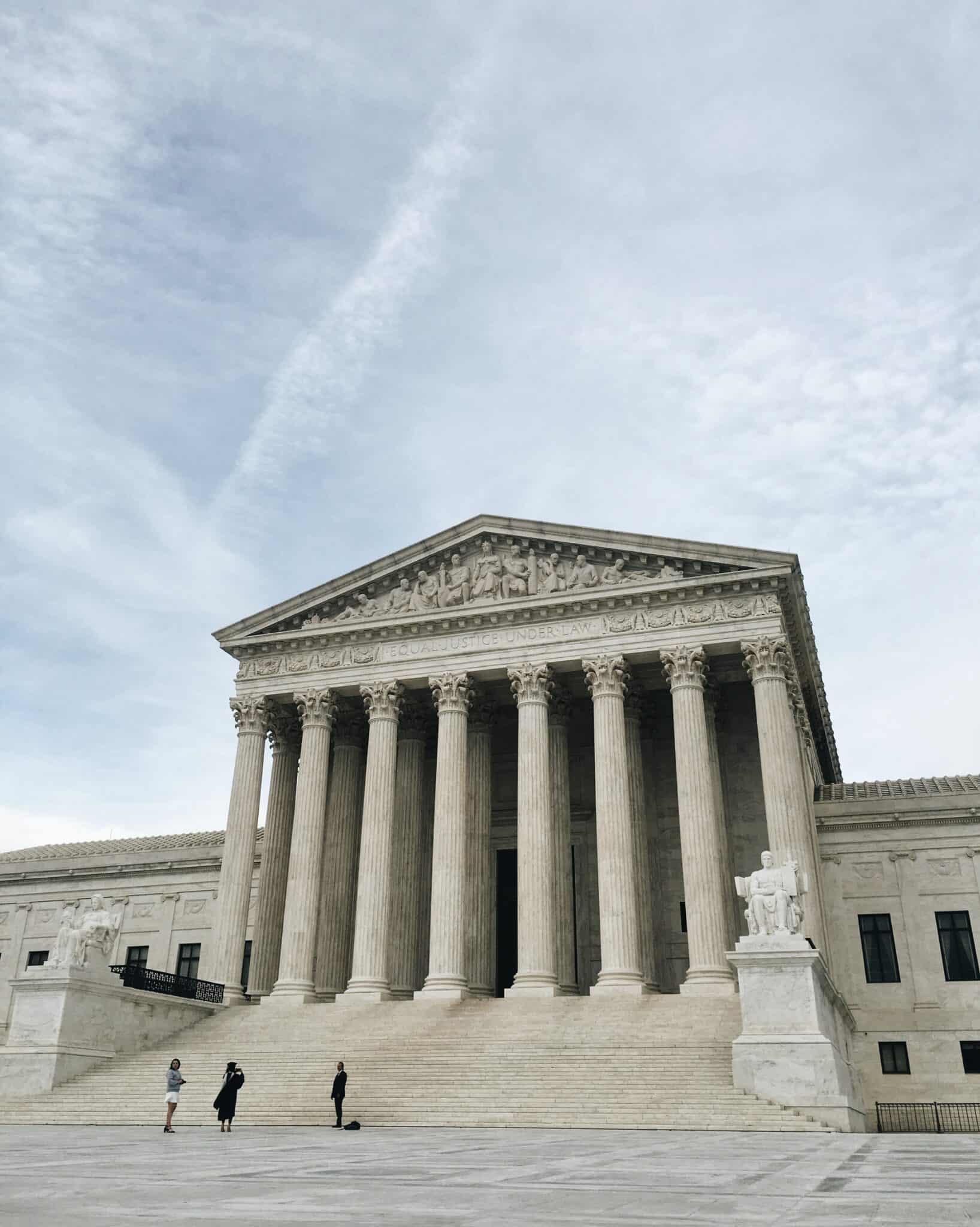Hannah Finnie is a writer in Washington, D.C. interested in the intersections of work and culture. She is a graduate of Harvard Law School.
Minneapolis teachers and staff are on day nine of their strike over higher, equitable pay and creating more protections for teachers and staffers of color. Black teachers and staffers went to district headquarters earlier this week alongside the Minneapolis NAACP to underscore the need for greater protections for educators and staffers of color.
The strike also has student support: around 100 students staged a sit-in at the school district headquarters, voicing support for the teachers and staffers’ demands. They eventually met with the school district superintendent.
The school district is trying to force an end to the strike by calling on teachers and staffers to return to work and promising that negotiations will continue while they’re working. The district also says that the strike is hurting children – a notion that students have pushed back on. A student who helped organize the sit-in told the StarTribune: “[District officials] talked a lot about how what the teachers are doing … is hurting our students. But it’s not really hurting us because we’re here to support our teachers, the same way that they’re here to support us.”
Minneapolis schools’ food service workers union also announced yesterday they reached a tentative deal with the school district, including a raise of up to 24% over three years. The agreement comes on the heels of the workers threatening to strike earlier this week.
Faculty at Howard University, a historically black university in Washington, D.C., have announced their intent to strike next week after their union said the university engaged in bad faith bargaining during contract negotiations.
Finally, Congress heard testimony yesterday from various current and former employees of the federal court system who say that workplace harassment and discrimination runs rampant in the judiciary. Some lawmakers have already introduced legislation that would grant federal judiciary employees the same anti-discrimination rights other government employees already have, and would also protect whistleblowers. One of the people who testified said that under the Justice Department’s interpretation of the court’s current anti-discrimination rules, federal judiciary employees have no remedy if they are being discriminated against on the basis of their sex.
According to the Washington Post, the proposed law would “create an independent special counsel to investigate workplace complaints and report its findings to Congress and an oversight commission made up of people with experience enforcing civil rights laws.”
The judiciary has attempted to block the law, arguing that Congress should not interfere with how another branch of government chooses to govern itself.






Daily News & Commentary
Start your day with our roundup of the latest labor developments. See all
February 19
Union membership increases slightly; Washington farmworker bill fails to make it out of committee; and unions in Argentina are on strike protesting President Milei’s labor reform bill.
February 18
A ruling against forced labor in CO prisons; business coalition lacks standing to challenge captive audience ban; labor unions to participate in rent strike in MN
February 17
San Francisco teachers’ strike ends; EEOC releases new guidance on telework; NFL must litigate discrimination and retaliation claims.
February 16
BLS releases jobs data; ILO hosts conference on child labor.
February 15
The Office of Personnel Management directs federal agencies to terminate their collective bargaining agreements, and Indian farmworkers engage in a one-day strike to protest a trade deal with the United States.
February 13
Sex workers in Nevada fight to become the nation’s first to unionize; industry groups push NLRB to establish a more business-friendly test for independent contractor status; and UFCW launches an anti-AI price setting in grocery store campaign.